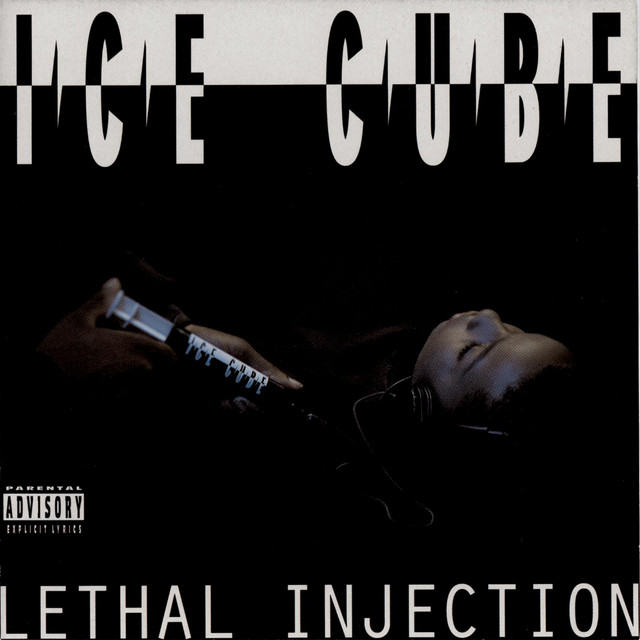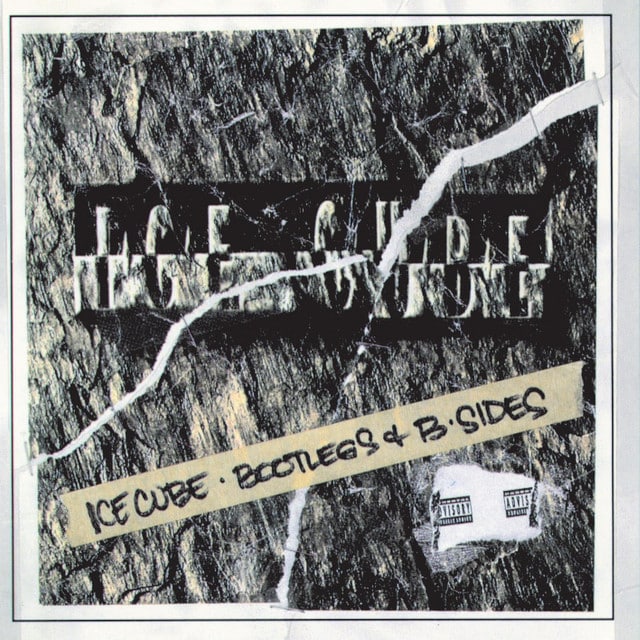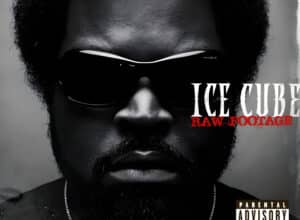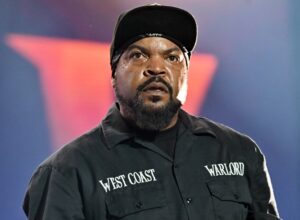Released: 1993
“Ghetto Bird – Remastered” by Ice Cube delves deep into the tensions between law enforcement and African American communities, specifically through the lens of police helicopters surveilling neighborhoods. It’s a raw exposition of Cube’s frustration and defiance against what he perceives as an invasive and discriminatory practice. Let’s break it down, cut through the street lingo, and get to the heart of what Cube’s spitting.
The track kicks off questioning why police helicopters, dubbed “ghetto birds,” incessantly patrol black neighborhoods as if everyone’s on the wrong side of the law. Cube flips the script on the stereotype that all folks from the hood are troublemakers, highlighting the absurdity with a comparison to “super-chicken.” He’s laying bare the humiliation and anger felt by those under the unblinking eye of law enforcement, even when they’re just minding their business.
The chorus, “Run, run, run from the ghetto bird,” encapsulates the desire to escape this oppressive surveillance. Then, Cube narrates an encounter that puts him in the crosshairs of the ghetto bird after a friend uses his car for a heist. Suddenly, he’s tearing through the streets of South Central L.A., Compton, Watts, and Long Beach—names that resonate with the heat of racial and socio-economic tension. The reference to “a ribbon in the sky” nods to Stevie Wonder, suggesting Cube sees no peace or beauty in his sky, just the chopper.
As the narrative unfolds, Cube paints a vivid scene of evasion and desperation. He ditches his ride, scales fences, and even encounters a pit bull—all to shake off the bird’s relentless pursuit. The “ghetto bird” is almost personified as an omnipresent predator, with Cube and his community as the prey. The mention of Louis the Third, an encounter with a civilian, further exemplifies the lengths to which he’ll go to avoid capture, highlighting the survival mentality fostered by such invasive policing.
Cube’s escapade takes him to a friend’s house, where he seeks refuge. It’s a moment of brevity in the narrative, offering a safe haven from the chaos. Yet, even here, the presence of the ghetto bird looms large, disrupting an otherwise peaceful night. This scene illustrates not just Cube’s personal grievances but a communal lament over the relentless scrutiny from above.
In essence, “Ghetto Bird – Remastered” is more than a song; it’s a stark commentary on racial profiling, systemic oppression, and the lengths to which marginalized communities go to find a semblance of freedom and peace. Ice Cube, through his visceral storytelling and sharp critique, illuminates the pervasive fear and frustration bred by such surveillance, turning the ghetto bird into a symbol of a broader struggle against injustice.








